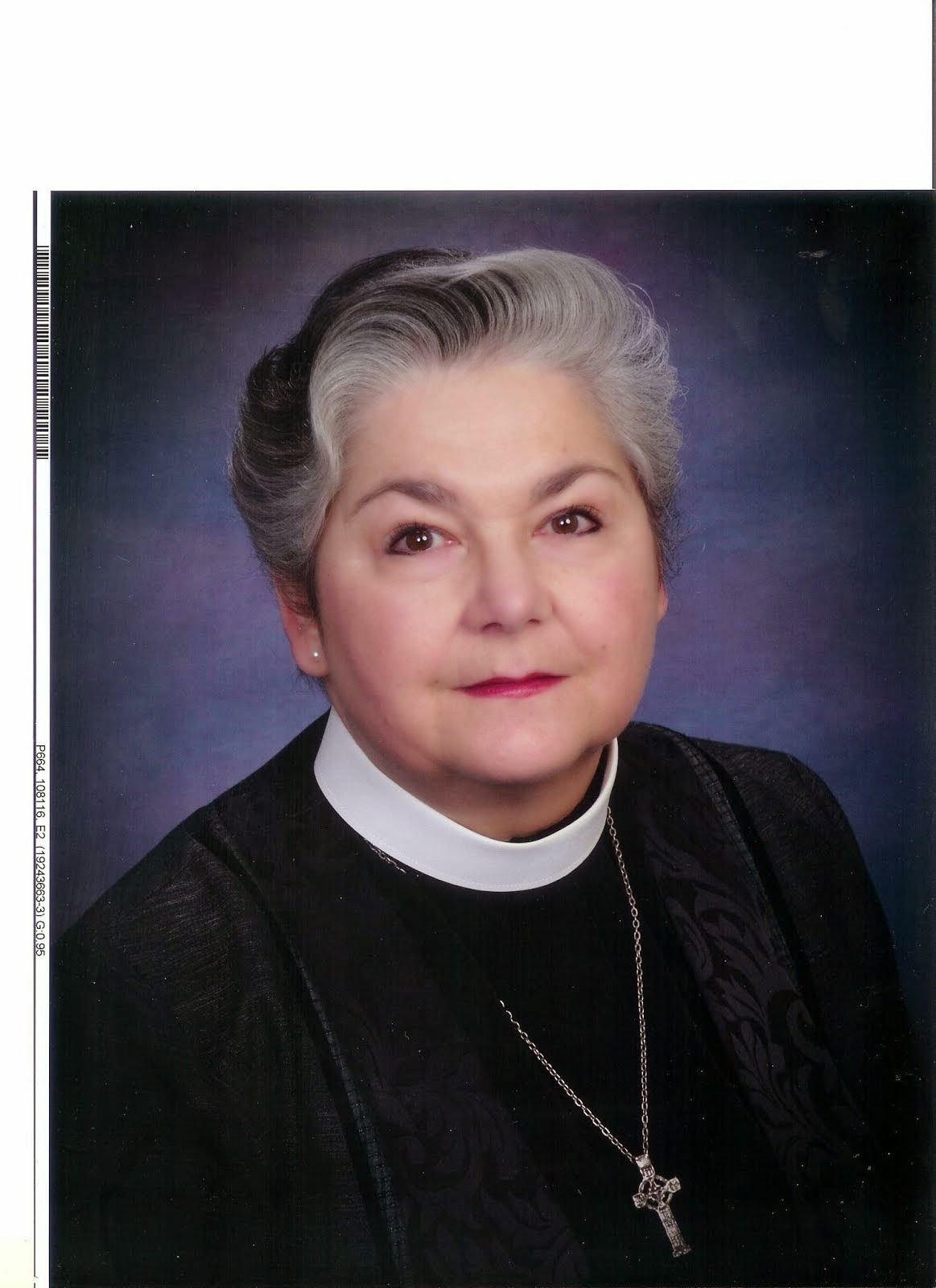In 2010, the
movie “The King’s Speech” made a powerful impression on moviegoers. It told the
story of King George VI, the father of the current Queen Elizabeth. He was
never intended to be king: this was what his brother Edward was to do. But when
Edward abdicated the throne to marry Wallis Simpson. George had to step up and
be King.
There was one
problem: George had a terrible stutter. He could barely get a full sentence
out. And as war in Europe threatened England’s existence, the King needed to
speak. It was necessary that his steadfast vision of a free England be conveyed
to his people over the radio. And for that to happen, the King needed to speak
fluently and powerfully. His wife, Queen Mary, found a very unconventional
speech therapist to help her husband overcome his problem, because she too
recognized that the King’s speech was a necessary part of who he was and how he
would govern as sovereign in wartime.
We find a
parallel about the power of speech in today’s gospel. John tells us that it is
God’s Word that is sent to earth in human form. God’s Word. God’s speech, if
you will. If we had any doubt as to why
God saw fit to send his Son in human form to earth, this reading from John’s
gospel makes it very clear: it is so we, his children on earth, can understand
who God is. It is only through God’s own speech that we can understand this God
whom we worship.
John gives
poetic voice to the problem. God is out there, not in a form we can recognize,
but as pure power/spirit/voice. God is no more or less than the eternal energy
that creates and powers the world that we know. Not an old guy in a flowing
robe, with a white beard, sort of a cosmic Dumbledore but with more overt
spiritual language. Not a person at all, but a being. Eternal.
That’s a
little hard to imagine, isn’t it? And we human beings feel compelled to try and
translate God into something we can understand, something more like us…which
means a creature who is limited, as we are limited. And that shortchanges God,
makes God into something smaller than God truly is. God becomes more accessible
if we can fit him into our own perceptions of what a God might be like, but it
leaves us with an unfinished portrait. It is not so much God’s Speech but a
mere rough sketch of a speech, not the full power of it.
Well, John
isn’t satisfied with that, and God most certainly is not, so they paint a
different picture. Imagine, then, that cosmic God, so difficult to visualize or
understand. Imagine that God is around forever, eternally, a time concept that
is difficult for us to imagine as well. And God knows we cannot wrap our little
human brains around these images. Imagine God has present with him and in him,
through all of time, eternally, something that is the expression of who God is,
a Word that shows all that is God. We might think it would take many books of
words to describe God – certainly many theologians have tried to do that with
mixed success – but God says no. There is simply a word that embodies all that
is who God is.
We humans
don’t really know the word, so we try to make pictures or stories or rulebooks
that shape our understanding of who God is and how God expects us to relate to
him. And God says, wait a minute. You’ve got it wrong, and it’s getting in the
way of you knowing me as I know you.
Now, teachers
know that you always start to teach, to explain a concept, by starting with
what the learner already knows. You go from the known to the unknown. God, the
first and best teacher, decides to follow this plan as well.
He says, “I
love you. I want us to be together. I want you to understand who I am. You know
about other people, right? That’s something you understand? Well, I will send
you a person to help you understand me. I will make myself human in form so
that you can see through this human form to see what I am about. I will send a
son to earth to live among you who is me, in human form. I will send the Word,
my own Speech, that one speech that expresses all that I am, that has been a
part of me for all eternity, and the Word will come to you in a shape that you
will understand. The Word will come to you and speak language that you will
understand. The Word will not stop being Me, in all my divinity, but will be
wrapped in human flesh and blood. That might make it a little easier to
understand who I am and how very, very much I love you.”
This is why we
received the gift of a human baby who did all that he could to show us who God
is. God loves us. God wants us to love him, not because He needs our love, but
because he knows that such love completes and perfects us.
In a way,
these first few verses of John’s Gospel are a love song from God to God’s
people. He is reaching out in love to us, who sometimes seem to understand him
not at all. He is giving us the best resource he can to draw us in toward him.
He wants us to know him through God’s speech, as King George wanted the British
people to know him through his own speech.
If, in the
first verses of Genesis, the story of the earth’s beginnings, we see God’s
loving shaping of our world into a place where light warms and sparks new life,
and darkness shelters and provides rest, in John’s gospel, this
Word-who-is-light serves a new purpose: as a beacon to a world which had
forgotten that first gift of light, for whom darkness was not rest and shelter
but the absence of life. Jesus, the Word now in the world, tells who God is, what
God has done, and what God will continue to do, to make the light the source of
life and vanquish a death-dealing darkness.
John is clear:
not everyone will accept this new light, this speech, this Word made flesh.
Some will try to destroy the light. But for those of us who believe, this tiny
vulnerable baby grows into a powerful vision-caster, a beautifully rendered
Speech that shows us all Godliness. This Jesus describes the God who loves his
people so much that he is willing to start at what his people know by becoming
human, before taking them to a deeper understanding as he sheds his human form
and his divinity is revealed.
This is it in
a nutshell: the ancient word Emmanuel translates as “God with us.” God chooses
not to keep himself apart from us, even though we seem to make mistake after
mistake in trying to comprehend him. God chooses instead to make it impossible
for us NOT to know him. He sends himself in human form, simply because he loves
us. Simply because he knows we can do better and be better when we know him.
Simply because this is what God is about, not about his own glory, which is
awe-inspiring, not about his own power, which is unimaginable, not about his
creativity, which is endless. Simply because God loves us.
That is the
gift we receive. Simply a Word. But what King’s Speech Jesus is!
Amen.










